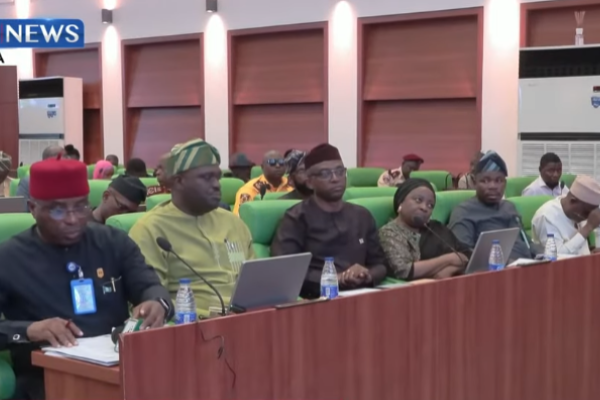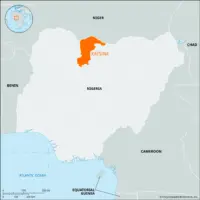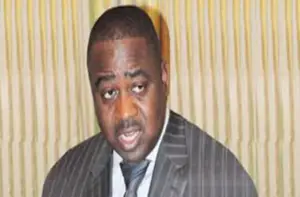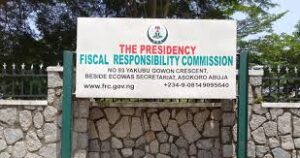The House of Representatives has launched a probe into the implementation of the Presidential Compressed Natural Gas Initiative, PI-CNG.
The ad-hoc committee set up by the House is tasked with assessing the adequacy of existing legal and regulatory frameworks guiding the policy, with a view to recommending necessary legislative reforms.

The Compressed Natural Gas Policy is a key component to the nation’s energy transition agenda.
It represents a strategic shift towards cleaner, safer, and more economically viable alternatives to conventional fossil fuels, especially in the transportation sector.
In response to the removal of fuel subsidies, the Federal Government proposed the CNG initiative as a palliative and long-term solution to cushion the effects of high petrol prices.
Read Also
This ad-hoc committee has the mandate of the House to evaluate the status of the CNG policy implementation, interrogate the processes and identify bottlenecks.
More importantly, it is to ensure that the policy is being pursued in a manner that is transparent, safe, viable, and ultimately beneficial to the Nigerian people.
Concerns have been raised on the pace of implementation, infrastructural readiness, safety standards, and the sustainability framework for this initiative more than one year after creation.
Among the questions raised are how ₦100 billion from the ₦500 billion palliative fund has been spent, the authenticity of a ₦760 billion private sector investment claim, and the level of distribution and accessibility of CNG infrastructure across the federation.
Stakeholders, including the Federal Road Safety Corps, (FRSC) expressed their support for the implementation of the initiative and explain their roles in the implementation process
The adoption of CNG supports Nigeria’s carbon emission reduction commitments under the Paris Agreement.
The committee expects detailed submissions from key MDAs, including the Ministries of Petroleum (Gas), Finance, Transportation, and Environment; regulatory agencies like the NMDPRA, NUPRC, FRSC, SON, and Customs; and transparency bodies like NEITI and the National Bureau of Statistics.





